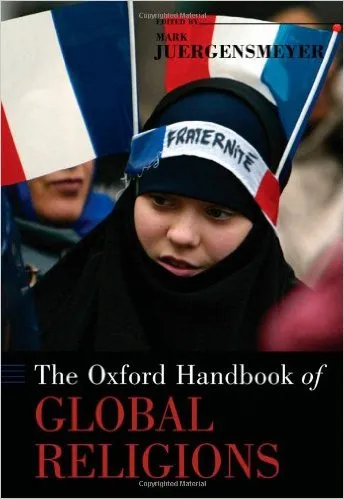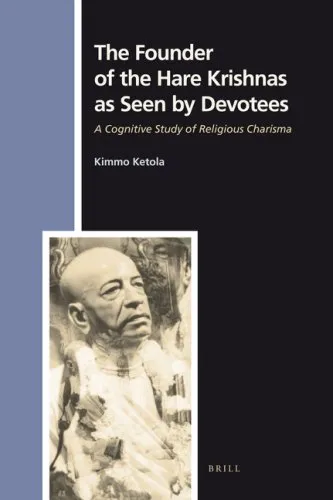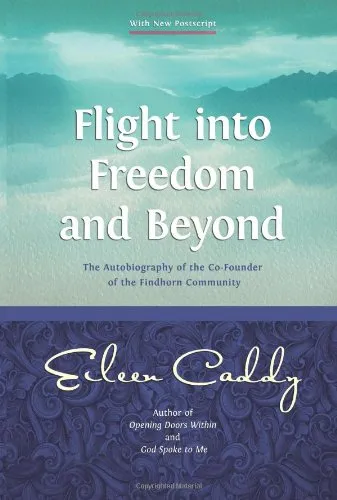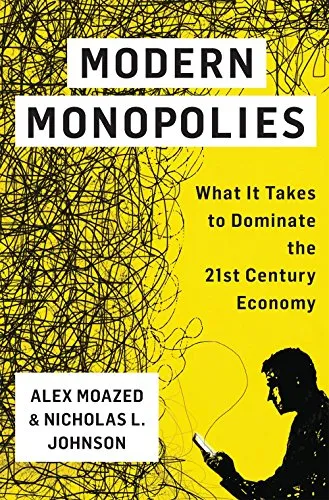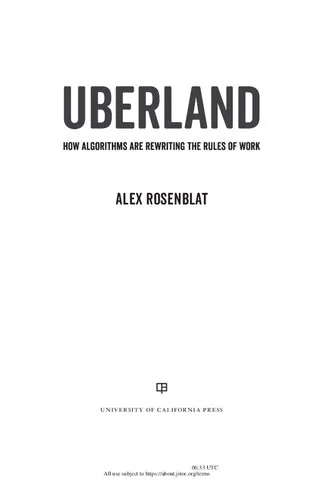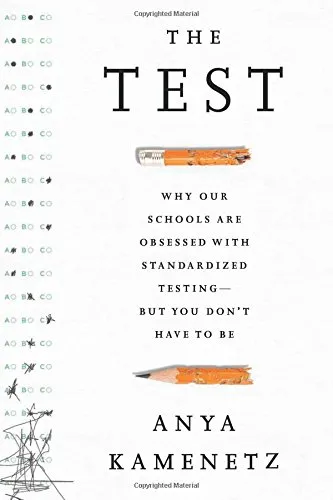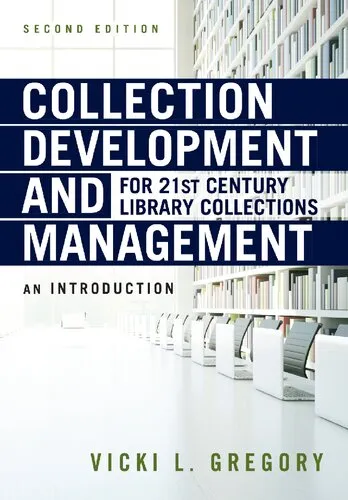The Oxford Handbook of Global Religions
4.0
Reviews from our users

You Can Ask your questions from this book's AI after Login
Each download or ask from book AI costs 2 points. To earn more free points, please visit the Points Guide Page and complete some valuable actions.کتاب های مرتبط:
An Introduction to "The Oxford Handbook of Global Religions"
"The Oxford Handbook of Global Religions" is a pioneering work that delves deep into the study of world religions in the context of globalization. Edited and curated with a scholarly yet accessible approach, this book brings together an outstanding array of expert contributors from around the world. With its rich content, comprehensive analysis, and interdisciplinary perspectives, this book provides readers with a profound understanding of how religious traditions have adapted, been challenged, and transformed within the global framework. Whether you are a student of religious studies, a curious learner, or a scholar, this handbook invites you to explore the complexities of faith, culture, and society in a rapidly globalizing world.
A Detailed Summary of the Book
At its core, "The Oxford Handbook of Global Religions" examines the ways in which religious practices, beliefs, and institutions are shaped by globalization, and in turn, how they contribute to shaping global culture. The book is divided into thematic sections that address significant questions about the interactions between religion and modernity. It begins with an explorative discussion of global networks, examining how religions travel, adapt, and often thrive in transnational contexts.
Topics such as migration, diasporas, and cultural hybridization are crucial throughout the text. For example, the work explores how Hinduism and Buddhism have gained new forms of expression outside Asia, or how Christianity has emerged as a global religion yet manifests variably across continents. Likewise, Islam’s global presence is critically analyzed, addressing both its communal aspects and how it negotiates various sociopolitical settings worldwide.
The book also pays considerable attention to the challenges religions face in the age of global consumerism, secularism, and technological advancement. It covers topics like interfaith dialogue, religious pluralism, and the tensions between traditional values and modern ethics. Certain chapters focus on how grassroots movements and faith-based organizations address crucial global issues such as poverty, climate change, and inequality. This comprehensive framework makes the book uniquely relevant in understanding religion’s dynamic role in shaping and contesting the modern world order.
Key Takeaways
-
The Globalization of Religion: The book examines how religious traditions have spread across boundaries, becoming more interconnected while also confronting issues of cultural identity and authenticity.
-
Interdisciplinary Approach: It draws on sociology, anthropology, history, and political science to provide a multi-faceted analysis of global religions.
-
Emergence of New Religious Forms: Discusses how hybrid and newly synthesized religious expressions are emerging in response to globalization.
-
Global Challenges: Tackles how religions address global ethical dilemmas, including sustainability, inequality, and peacebuilding.
Famous Quotes from the Book
"Globalization does not diminish religion's importance; it reconfigures its presence."
"Religions are not static entities; they are dynamic participants in the cultural exchanges of the global age."
Why This Book Matters
"The Oxford Handbook of Global Religions" is indispensable for anyone seeking to understand religion’s evolving role in the contemporary world. In an era defined by globalization and interconnectedness, this book provides the necessary tools to critically examine how faiths negotiate cultural integration, social conflict, and global challenges. From policymakers to educators, the insights offered in this handbook will resonate strongly with a diverse audience.
The book goes beyond surface-level discussions, offering depth and nuance that is rare in such works. It emphasizes the importance of interfaith dialogue and cultural understanding, which are crucial in today’s polarized world. By capturing both the challenges and opportunities religion faces amidst globalization, this book stands as a landmark resource for thought leaders and scholars alike.
Free Direct Download
You Can Download this book after Login
Accessing books through legal platforms and public libraries not only supports the rights of authors and publishers but also contributes to the sustainability of reading culture. Before downloading, please take a moment to consider these options.
Find this book on other platforms:
WorldCat helps you find books in libraries worldwide.
See ratings, reviews, and discussions on Goodreads.
Find and buy rare or used books on AbeBooks.
1466
بازدید4.0
امتیاز0
نظر98%
رضایتReviews:
4.0
Based on 0 users review
Questions & Answers
Ask questions about this book or help others by answering
No questions yet. Be the first to ask!
